State laws prohibiting automakers from selling directly to consumers can drive up prices and limit hours of operation, both hurting consumers.
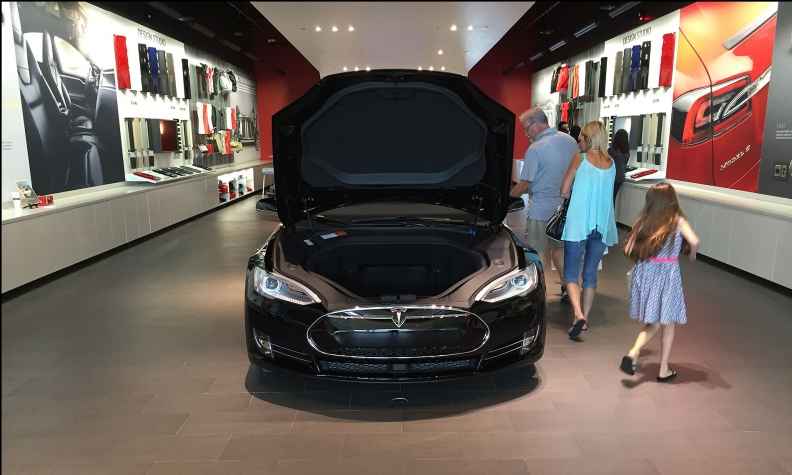
On the other hand, state laws that regulate auto retailing often protect consumers and improve safety in the workplace.
So how much regulation is too much?
That was the key question, and those were some of the countervailing arguments, that the Federal Trade Commission attempted to tackle in a daylong workshop on automotive retailing that the agency held at its Washington offices Tuesday.
The workshop addressed the topics of regulation of dealer location, laws relating to reimbursement for warranty services and restrictions on automakers’ ability to engage in direct sales to consumers.
It looked at how state laws and regulations governing car sales may affect consumers and competition and to what extent the need for those laws continues to exist. It also explored whether less restrictive alternatives to the current system might meet policy goals while promoting greater competition and innovation.
Divorcement
The day’s keynote speaker, professor Dennis Carlton from the University of Chicago, gave the pros and cons of factory-direct sales and introduced the idea of “divorcement.”
“Divorcement means that an oil company cannot own and operate its own gas station,” Carlton said. “The argument justifying these laws is if the oil companies owned and operated their own gas stations, they’d charge such a low price for gasoline that they’d drive out of business the other operators.”
Then, having established a local monopoly, the oil companies would jack the price way up, according to the theory, he said.
But, Carlton said, a study of divorcement in Maryland contradicted the theory. In that study, the average price for gasoline was $1.29 a gallon when oil companies owned local gas stations. After divorcement was adopted and there were no more company-owned and -operated gas stations, the average price increased by another 6 cents a gallon. And the average number of hours of operation declined after the oil-company service stations left.
Factory direct
Todd Maron, Tesla Motor’s lawyer, outlined several reasons why the electric-vehicle maker seeks the right to sell directly to consumers. Currently, Tesla’s direct-sales model is allowed in some states and banned in others, as a map on the company’s website shows.
Maron, who took part in a panel titled “Direct Distribution,” argued that the traditional dealership model would not work for Tesla because gasoline vehicles compete with electric vehicles, and dealers, who are dependent on gasoline-vehicle sales, would likely give short shrift to Tesla’s EVs.
Also, he said, Tesla cars do not offer the chance to sell what he called “insurance products and add-ons” or require regular service work. But most important, Tesla needs a different store design and location, he said.
“Our stores are small and in high foot-traffic areas such as shopping malls,” Maron said. “When new technology comes out, consumers don’t go to it. You need to bring the technology to consumers.”
Setting a fair price
On the flip side, advocates of the franchise system argued that intrabrand competition helps set a fair price for consumers.
“There are no savings to be passed on to the consumer from direct sales,” said automotive analyst Maryann Keller, managing partner of consulting firm Maryann Keller & Associates in Scottsdale, Ariz.
Dealer lawyer Paul Norman added: “Independent dealers add an extra layer of credibility in the auto industry.
“Imagine how much more difficult the General Motors and Chrysler bankruptcies would have been to resolve had the manufacturers had to bear the high costs of the distribution system, too,” said Norman, a partner at Boardman & Clark in Madison, Wis.
The future
Peter Welch, president of the National Automobile Dealers Association, commented on the implications for auto retailing of increased ride sharing and autonomous vehicle development as part of a panel titled “Future Trends.”
“Autonomy is coming. The question is if it’s full autonomy and what’s the time line?” Welch said.
But, he said, it’s a “leap” to assume people will abandon owning personal vehicles as a result of autonomy.
“The predominant trend, even if these vehicles are 100 percent autonomous, is that people will want to own them,” Welch said. “We might see vehicle sales go up if we can get all the blind people and disabled people into the marketplace, too.”
Value of dealers
After the day’s sessions ended, NADA issued a statement from Welch that read in part: “A lot of what we heard today was, in fact, an affirmation of the tremendous value to consumers that the independent, franchised dealer network provides.
“Empirical research has demonstrated that intense competition among franchised dealers lowers new-car prices by hundreds of dollars. But the benefits to consumers don’t end there -- they extend to service, warranty work, recalls, and the hundreds of millions of dollars that’s invested in local communities.”
Welch added: “The only question that wasn’t answered today is how consumer interests would be better served if the FTC, or another federal agency, were to upend the automobile retail sector.”


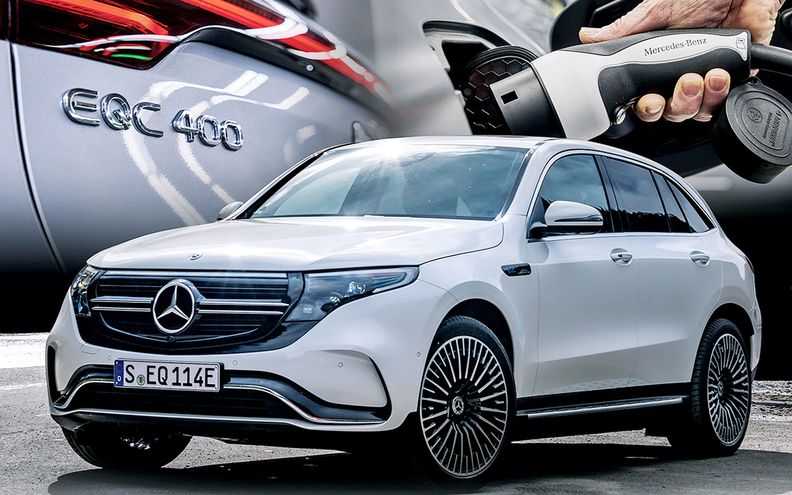
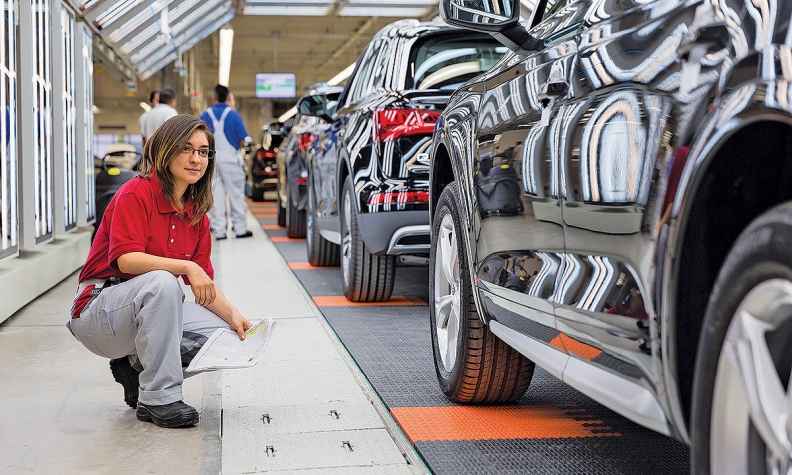

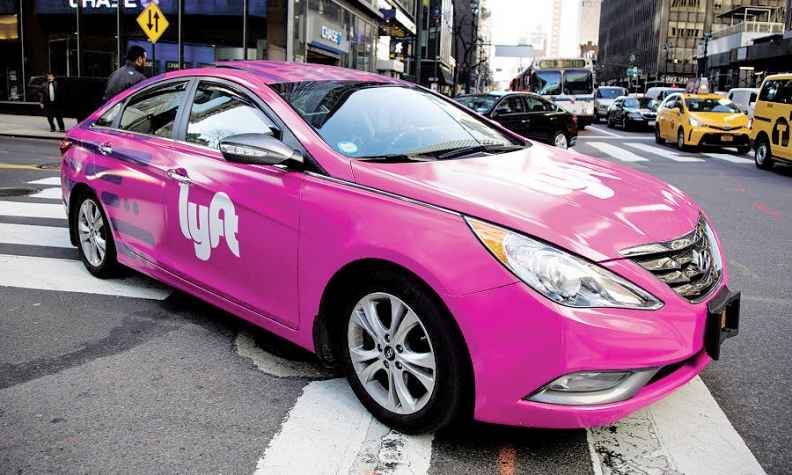
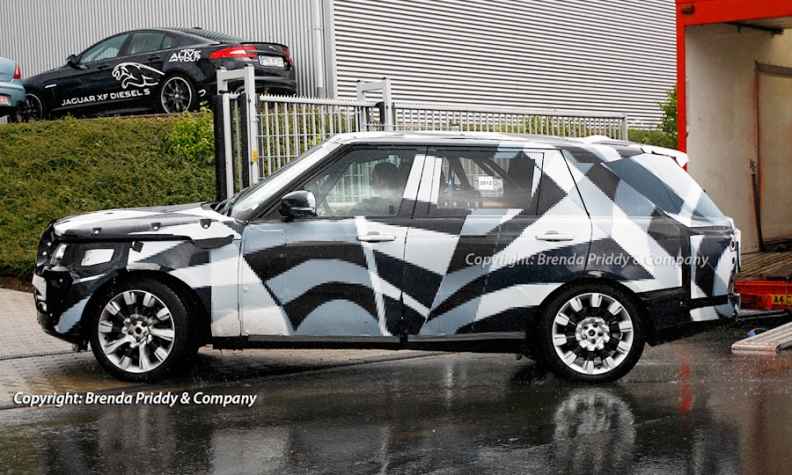
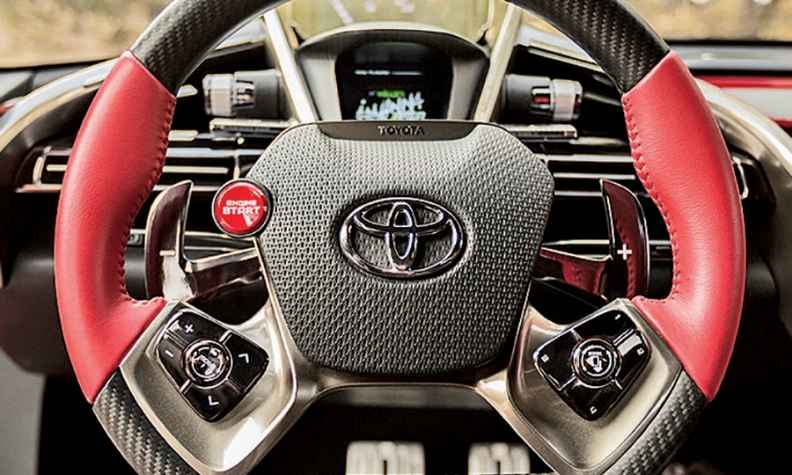
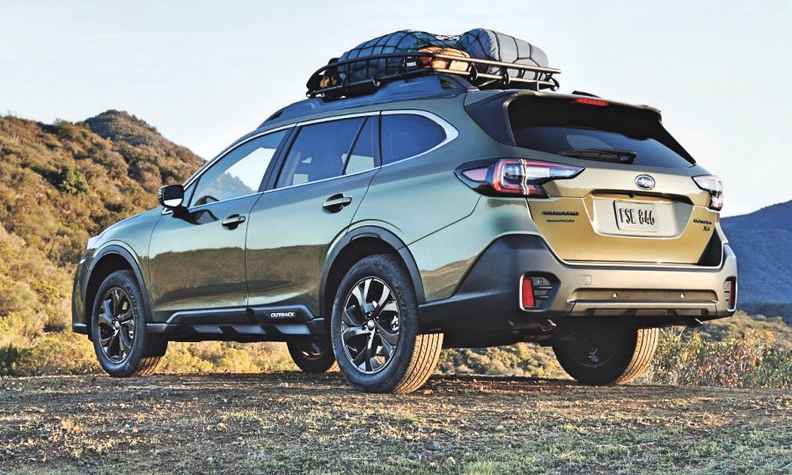
Post your comment